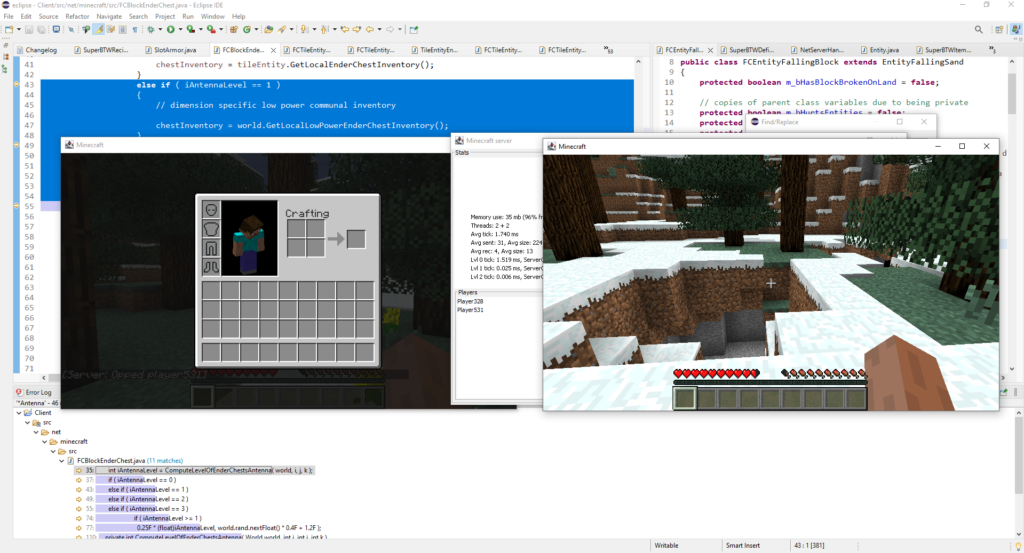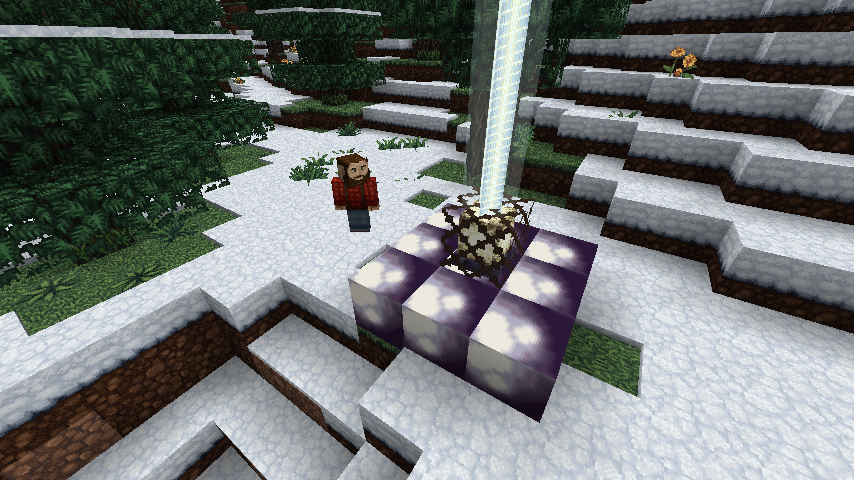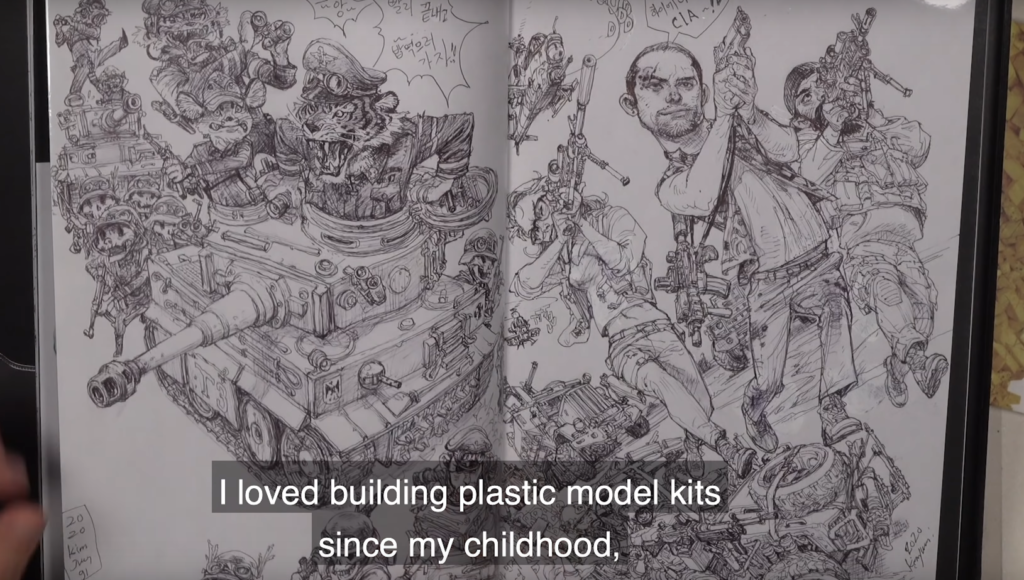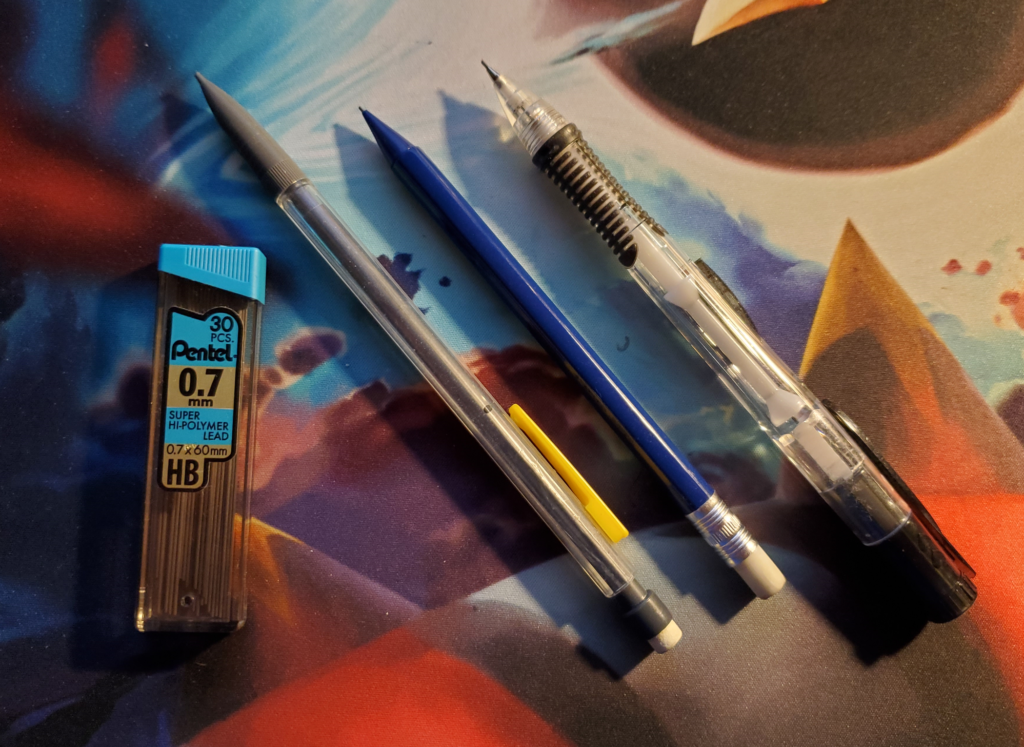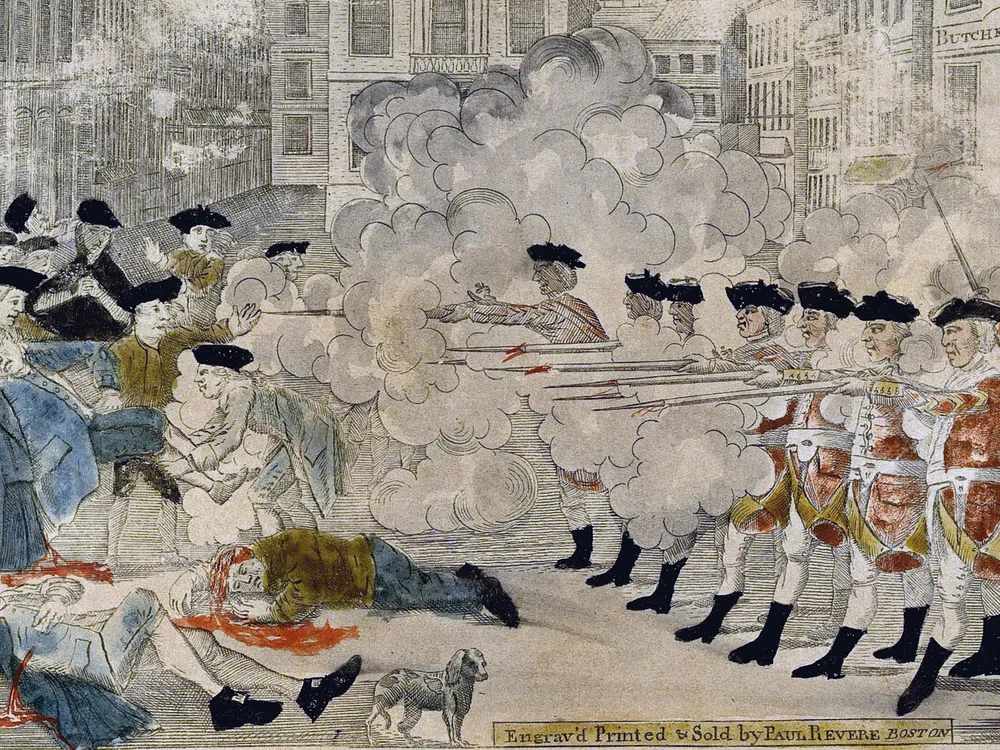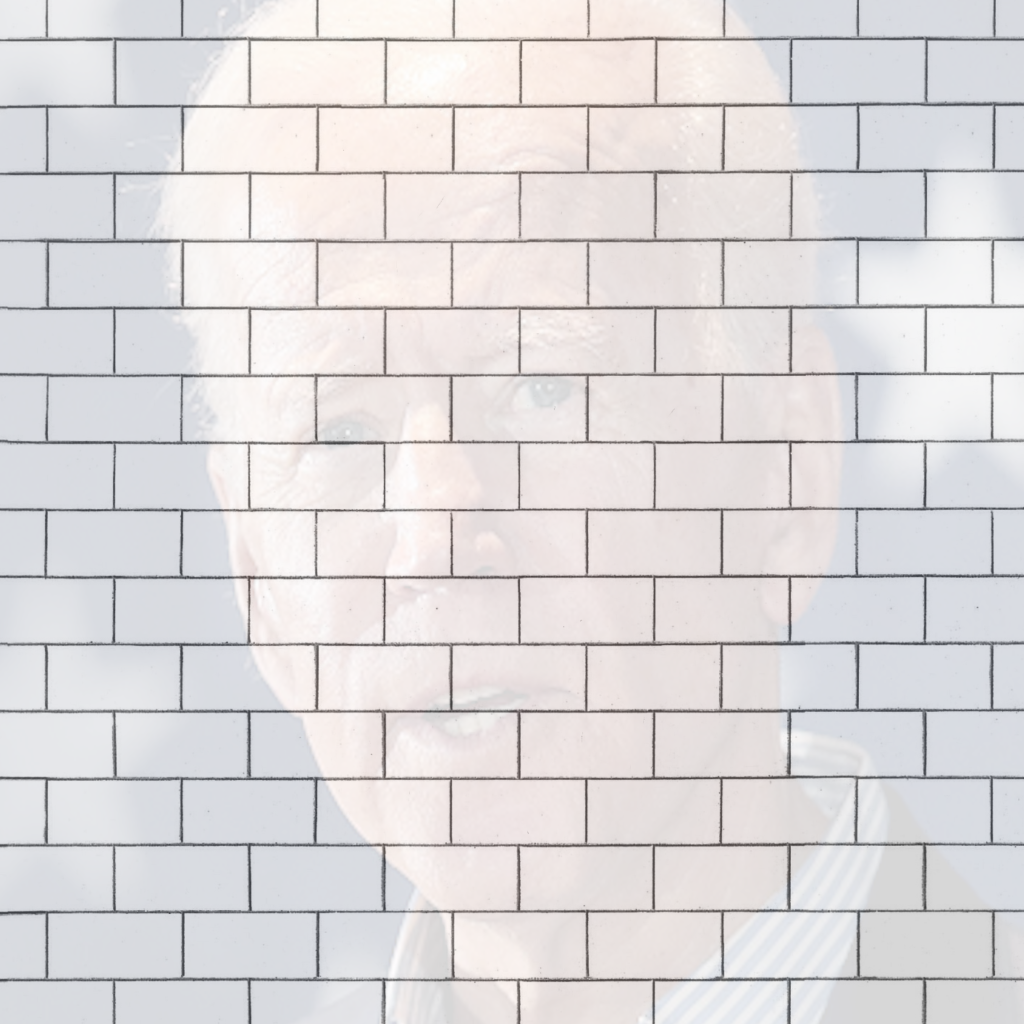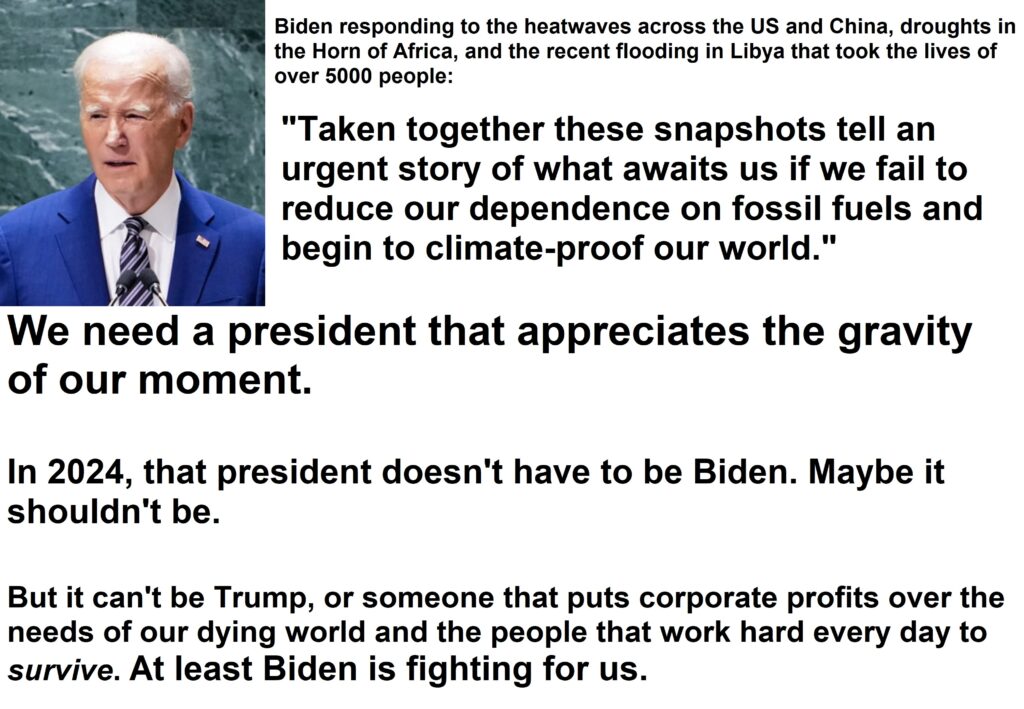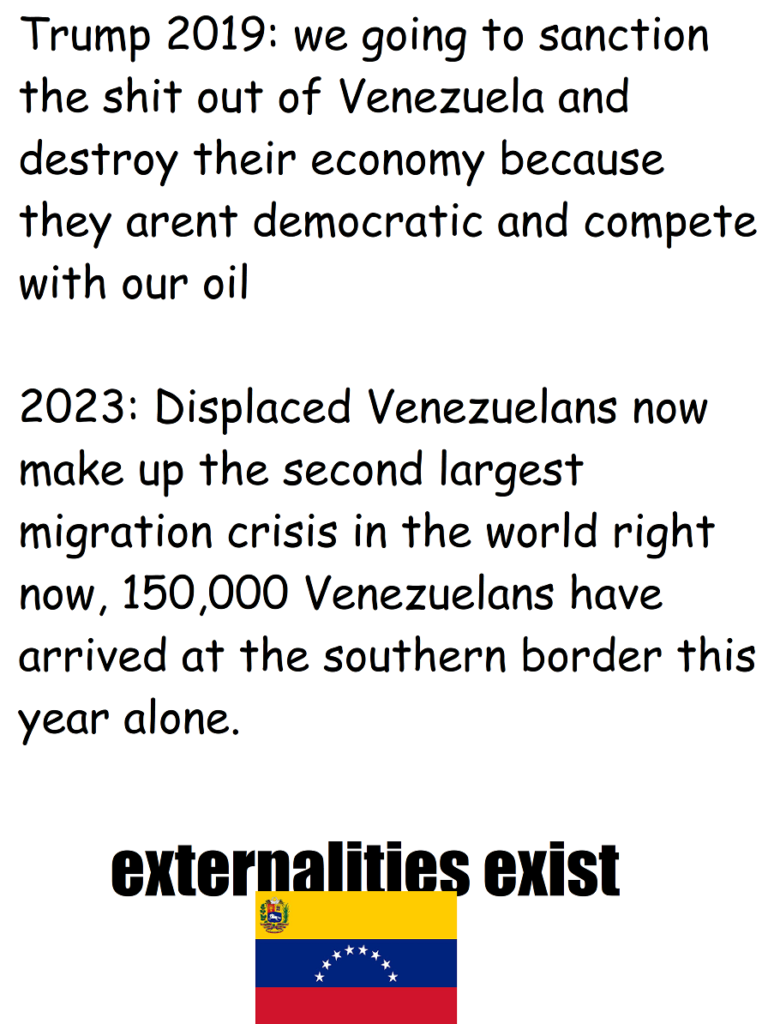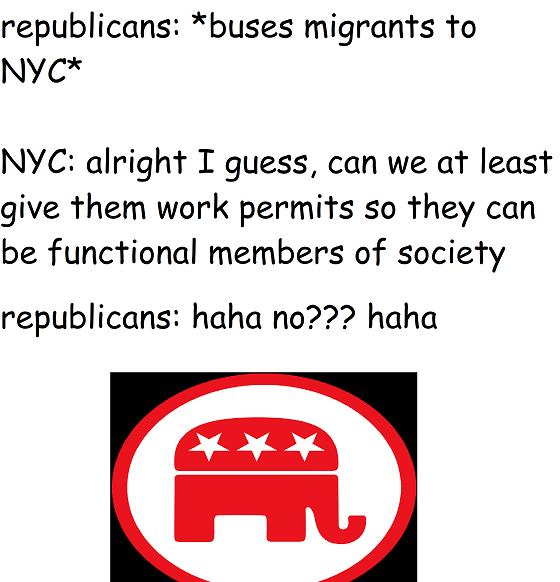“Neither the Balfour Declaration nor the mandate ever specifically conceded that Palestinians had political, as opposed to civil and religious, rights in Palestine. The idea of inequality between Jews and Arabs was therefore built into British, and subsequently Israeli and United States, policy from the start.”
– Edward Said 1999
American presidents and politicians have been calling for a “Two State Solution” to the Israeli Palestine conflict for at least thirty years now. In this proposed solution, Israel and a governing body for Palestine would negotiate, give up land, and form the borders of a new Palestinian state free of Israeli occupation. One scholar called this approach “peace without Palestinians.” But is separating the two feuding nationalities of the holy land really a path to peace? Myself and those before me argue No. True peace, the kind that allows democracy and freedom to reign, is not born out of separation along racial lines. Certainly, a healthy democracy cannot long endure in the face of such an unsatisfying peace. The history of the United States shows that well enough.
The United States of America, despite being founded under the declaration “All Men are Created Equal,” was flawed from the start. American settlers from Europe were not able to coexist with Native Americans and ultimately eliminated most of them. The natives that remained were relegated to small reservations sometimes hundreds of miles from originally inhabited lands. The society born out of the colonization of America was also rife with inequality. The institution of slavery allowed white Americans to own and control black Americans, and this rotten power dynamic endured even after the dissolution of slavery thanks to a doctrine of “Separate but Equal” that codified a system of legal segregation. Segregation allowed Americans to exclude one another publicly and privately along racial lines, and segregation persisted in the United States until the Civil Rights Act of 1964. It took centuries for Black Americans to achieve equal recognition under the law, and there is still work to be done.
To this day, the USA is not a perfect place. Our culture is rife with prejudices old and new, and we find novel ways to hurt and exclude one another every day. Regardless, we the people of the United States find ourselves among one of the most culturally and racially diverse places on this Earth. The idea of the Great American Melting Pot is often decried, but I stand by it. Our identity as a country, a successful democratic country in which the right to speak and act is enshrined by the law of the land, hinges on the American capacity to adapt to newness and accept people for who they are, difficult as it has historically been. The never ending strive for tolerance is paramount to the USA’s success as a nation.
In comparing Israel’s founding to America’s, parallels abound, but the outcomes have not yet been so bright. European colonists, this time Jews, decided to once again settle a land that was already populated. A system of inequality immediately arose in which the native peoples were not offered the same rights under the law as the new arrivals. After a series of violent confrontations, the Palestinians have been routinely pushed, segregated if you will, into shrinking reservations. Obviously one could make academic arguments delineating American segregation, Native and Black history from the modern relationship between Israelis and Palestinians, but on a fundamental Democratic level the civil rights case before us is exactly the same. We have in Israel a place that professes itself a Democratic country that does not treat all of the people living within its borders equally under the law. Palestinians living in Gaza or the West Bank cannot even be called second class citizens, since Israel does not consider them citizens at all. They are not afforded the right to vote in Israeli elections, they are not free to move freely within Israel, and they are not allowed to express themselves freely without harassment or repercussions from Israeli authority.
Within Israel’s Declaration of Independence we see kernels of Democratic intention that are ultimately overshadowed by a larger desire to create a Jewish national homeland. The 12th paragraph of THE DECLARATION OF THE ESTABLISHMENT OF THE STATE OF ISRAEL reads:
“THE STATE OF ISRAEL will be open for Jewish immigration and for the Ingathering of the Exiles; it will foster the development of the country for the benefit of all its inhabitants; it will be based on freedom, justice and peace as envisaged by the prophets of Israel; it will ensure complete equality of social and political rights to all its inhabitants irrespective of religion, race or sex; it will guarantee freedom of religion, conscience, language, education and culture; it will safeguard the Holy Places of all religions; and it will be faithful to the principles of the Charter of the United Nations.”
This part of the declaration invokes the cause of liberty and justice for all, stating that Israel will ensure “complete” equality of rights regardless of race. The rest of the declaration, however, is concerned chiefly with Jewishness. The history of Jewish exile, the birth of Zionism, and the Holocaust are all explained. Through these the case is made that the Jewish people deserve a state and that that state should be in the holy land. Jewishness preceded Democracy in the founding of Israel. The final paragraph reads:
“WE APPEAL to the Jewish people throughout the Diaspora to rally round the Jews of Eretz-Israel in the tasks of immigration and upbuilding and to stand by them in the great struggle for the realization of the age-old dream – the redemption of Israel.”

The ideals of racial and sexual equality promised by the Israeli declaration have yet to be codified into law because Israel still lacks a formal constitution. Instead, judges refer to a cobbled series of laws and existing precedents to decide what rights are afforded to Israelis. It goes without saying that there is no bill of rights either. Miraculously, America managed to survive the failure of the Articles of Confederation to create the constitution we have today. Then America went further to immediately ratify 10 more amendments to the constitution that enshrined the most fundamental rights that we as Americans possess today, freedom of speech and the right to protest chief among them. Israel was not so fortunate–its founding did not carry enough momentum to reach a formal constitution and the rights of its citizens and those occupied suffer for this failure every day. Just this year, the ability of the Israeli judiciary to counter the legislative branch of government was challenged and very nearly eroded. Journalists and protesters that push anti-war ideas are silenced in Israel, especially after the events of October 7th.
“We Palestinians ask why a Jew born in Warsaw or New York has the right to settle here (according to Israel’s Law of Return), whereas we, the people who lived here for centuries, cannot.”
The Zionist dream of creating a Jewish national state is inherently flawed from a democratic perspective because any form of citizenship based on ethnicity forments inequality. Citizenship in a real democracy does not consider genetics or lineage. “We hold these truths to be self evident…” When a nation is willing to sacrifice the rights of one ethnicity for the betterment of another, that nation creeps toward hyper nationalism and indeed the very fascism that lead to the Holocaust. To safeguard against the real and repeatedly demonstrated reality of genocide, a country must be willing to recognize the equal right to life and liberty granted to all that inhabit it. Jews should know this better than all others, yet Zionism predated Nazism and was clearly born out of a time and place that did not privilege civil rights to the same extend that we of the 21st century purport to. Zionism is a nationalist movement from a time before the world saw just how disgusting nationalism can get. Edward Said put it much better than I ever could:
“The beginning is to develop something entirely missing from both Israeli and Palestinian realities today: the idea and practice of citizenship, not of ethnic or racial community, as the main vehicle for coexistence. In a modern state, all its members are citizens by virtue of their presence and the sharing of rights and responsibilities. Citizenship therefore entitles an Israeli Jew and a Palestinian Arab to the same privileges and resources. A constitution and a bill of rights thus become necessary for getting beyond Square 1 of the conflict because each group would have the same right to self-determination; that is, the right to practice communal life in its own (Jewish or Palestinian) way, perhaps in federated cantons, with a joint capital in Jerusalem, equal access to land and inalienable secular and juridical rights. Neither side should be held hostage to religious extremists.”
This is to say that expelling the Palestinians to their own country with a wall of barbed wire between them and Israelis will not do a service to anybody. The two state solution would only cement Palestinian resentment onto a map, and the question of Israeli democracy will be once again kicked down the road possibly never to be realized. It is my fear that a majority of Israelis do not actually hold the creation of a democracy as an objective of any importance. It is enough for them, perhaps, that the land of Israel belongs to Jews and no others. Whether a parliament or a congress or a glorious dictator oversees the Zionist dream is then unimportant. It is enough to have won.
“Religious and right-wing Israelis and their supporters have no problem with such a formulation. Yes, they say, we won, but that’s how it should be. This land is the land of Israel, not of anyone else. I heard those words from an Israeli soldier guarding a bulldozer that was destroying a West Bank Palestinian’s field (its owner helplessly watching) to expand a bypass road.”
The law of winning is pure hubris, not to mention not at all future-proof. A time might come when Israelis do not hold the cards anymore. A people with larger weapons and a smarter army might some day decide that they like the law of winning very much and indiscriminately beat, enslave, and cull the Jews once again. They’ll sit on the ashes of once great Israel and say, grinning, “We won. This is the right afforded to winners.” Certainly the Nazis or the Japanese at the height of their conquest felt that means justified ends and that was that. Thankfully, the United States and its allies were stronger and the arrogant fascists were put in their place. We might not be so lucky next time.
Democracy tries to build something better than a never-ending series of conquests. And yet, the history of the world’s greatest modern democracy, the USA, is built on the back of colonization and conquest. The civil rights that America has so far secured and enshrined were hard won. It is high time Israel undertook its own democratic reformation, and it starts with recognizing that the right to live free runs deeper than blood. Zionists will never succeed in building an enduring state of Israel by excluding Palestinians. An Israel that follows the path of exclusion will crumble. A single racially diverse state that grants liberty and justice for all is an Israel that will stand the test of time.
To this end, I would like to frame the Israeli Palestinian conflict as a civil rights issue. The state of Israel and its inhabitants are obligated to tackle this problem. If Israel remains a segregated state, then it cannot call itself the lone democracy in the Middle East. We used to stick black people in the back of the bus. Israelis stick Palestinians in ghettos. It just isn’t right. The fact that it isn’t right is obvious to Americans but seemingly lost on the people of Israel. Someday I hope that a generation of Israelis will be able to look back on its history of apartheid and cringe.


